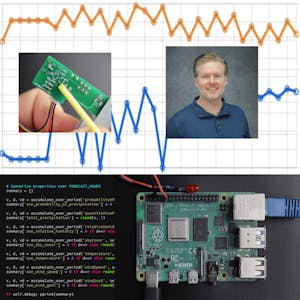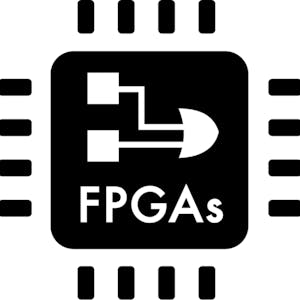Using Sensors With Your Raspberry Pi
About this Course
This course on integrating sensors with your Raspberry Pi is course 3 of a Coursera Specialization and can be taken separately or as part of the specialization. Although some material and explanations from the prior two courses are used, this course largely assumes no prior experience with sensors or data processing other than ideas about your own projects and an interest in building projects with sensors. This course focuses on core concepts and techniques in designing and integrating any sensor, rather than overly specific examples to copy. This method allows you to use these concepts in your projects to build highly customized sensors for your applications. Some of the ideas covered include calibrating sensors and the trade-offs between different mathematical methods of storing and applying calibration curves to your sensors. We also discuss accuracy, precision, and how to understand uncertainty in your measurements. We study methods of interfacing analog sensors with your Raspberry Pi (or other platform) with amplifiers and the theory and technique involved in reducing noise with spectral filters. Lastly, we borrow from the fields of data science, statistics, and digital signal processing, to post-process our data in Python.Created by: Johns Hopkins University

Related Online Courses
My son is going to grow up in a completely different world that is filled with generative AI (e.g., ChatGPT, Claude, LLama, etc.). I think this is a world of possibility, creativity, and deep... more
This course provides information about attraction and relationships, broadly defined. Topics in the course include how people learn about each other, the mechanisms that underlying the initial... more
The objective of this course is to acquire proficiency with Field Programmable Gate Arrays (FPGA)s for the purpose of creating prototypes or products for a variety of applications. Although FPGA... more
How To Write About Yourself...so that someone else wants to read it! This is the heart of this Coursera specialization in Memoir and Personal Essay. Masters of both genres share tips, prompts,... more
Probabilistic graphical models (PGMs) are a rich framework for encoding probability distributions over complex domains: joint (multivariate) distributions over large numbers of random variables... more







